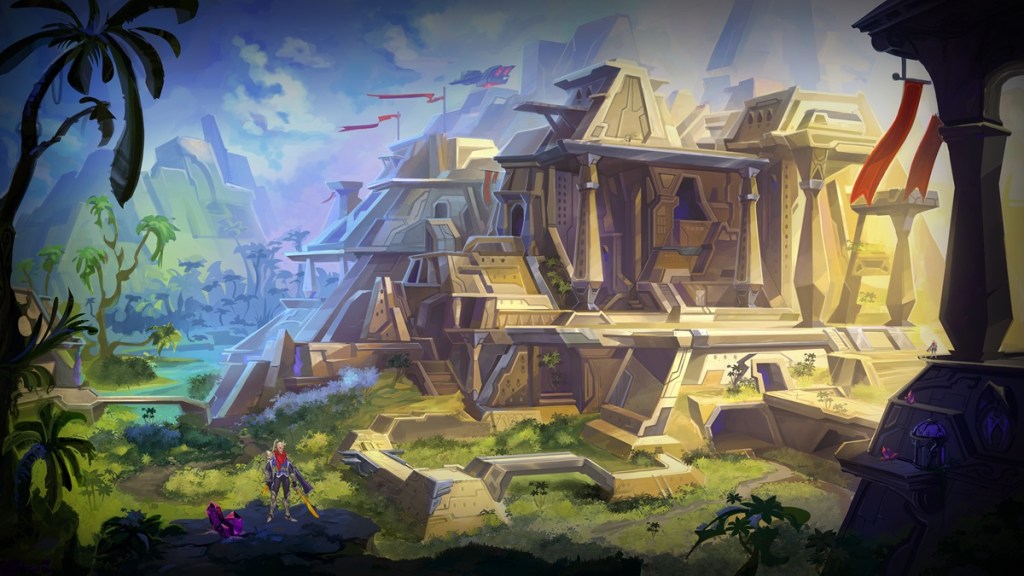from the poof!-wait-it’s-still-there dept
It was only a few weeks ago that we discussed Good Old Games’ (GOG) return to its roots with the site’s “GOG Preservation Program”. While GOG never stopped selling, you know, good old games, the site also expanded over the years to be a storefront for new releases and AAA games as well. But with this program, GOG committed to maintaining its preservation efforts. Games sold on the store that are also part of the preservation program now come with a commitment from GOG to keep these games compatible on modern hardware in any way possible, whether that’s updating game code and wrappers where the IP holder allows it, or packaging the games with programs like DOSbox where it can’t.
And now the program is going to get an early test. Blizzard recently announced that it is releasing a remastered version of Warcraft and Warcraft 2 and, as a result, have announced the original versions of those games will be delisted from GOG in a little over a week from now. Currently, GOG has a DRM-free version of those games in a bundle on the site. So what is going to happen to those original versions of these games once GOG has to delist them?
Well, for starters, GOG is incentivizing the purchase of that bundle by putting it on sale. And after that, true to their word, the preservation program will maintain those games, even after they are delisted from GOG for sale.
GOG (aka Good Old Games), which recently included Warcraft I and II in its Preservation Program, with a “Make Games Live Forever” tagline, suddenly finds itself with a new policy to figure out. So GOG is putting the Warcraft I & II Bundle on sale (discount code “MakeWarcraftLiveForever” for $2 off) and is letting folks know that if they buy it before December 13, they will keep access to it after the delisting, complete with offline installers.
That is also how it will work from now on, the team writes on its blog.
“Going forward, even if a game is no longer available for sale on GOG, as part of the GOG Preservation Program, it will continue to be maintained and updated by us, ensuring it remains compatible with modern and future systems,” GOG’s post states.
This is a preservation program in action. Once these titles are bought on GOG, the company stands to make no money from them in the future. Despite the lack of monetary incentive, however, GOG will take any action it can to maintain those games after purchase, updating them as possible to keep them working on modern hardware. I’m not aware of any other storefront that is making this kind of effort to keep older games around after the publishing company no longer wants to maintain them.
It’s quite a novel commitment, keeping non-revenue-generating games playable for buyers, even after a publisher no longer makes them available for sale. The Warcraft titles certainly won’t be the only games for which publisher enthusiasm lags behind GOG and its classic gamers.
As noted at the Preservation Program’s launch, for some titles, GOG does not have the rights to modify a game’s build, and only its original developers can do so. So if GOG can’t make it work in, say, DOSBox, extraordinary efforts may be required.
That’s why all of this comes with the caveat that GOG will maintain the games in any way possible. Where it’s not possible, the publisher and IP rightsholder still maintains a stranglehold as to whether this cultural output will be disappeared.
As I said in my previous post, the real work to be done is to build a program around these efforts with as much buy in from developers and publishers as possible. That would be the way to remove the IP shackles from these preservation efforts.
Filed Under: delisting, preservation, preservation program, video games, warcraft
Companies: blizzard, gog









Leave a Comment